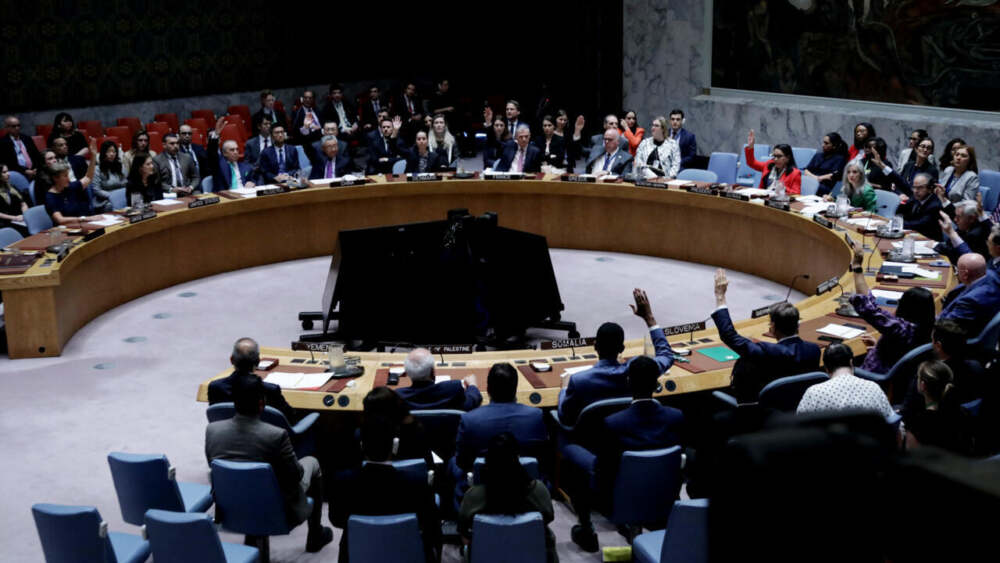In a tense session at the U.N. Security Council, the United States cast the deciding veto against a resolution calling for an immediate and permanent ceasefire in Gaza—alongside demands for the release of hostages taken during the war that began with the October 2023 attack. The other 14 members of the Council backed the resolution.
Key Demands of the Resolution
- An immediate and lasting ceasefire in the Gaza conflict
- The unconditional release of all hostages held by Hamas and affiliated groups
- Unrestricted humanitarian access across Gaza to aid civilians suffering from food shortages and lack of essential services
Council members warned the humanitarian crisis in Gaza is spiraling, describing conditions as catastrophic. Reports cited growing famine in Gaza City, raising alarms that without aid and cessation of hostilities, the suffering will deepen.
Why the U.S. Vetoed
According to U.S. officials, the resolution was unbalanced—they argued it failed to sufficiently condemn Hamas, and neglected to reaffirm Israel’s right to defend itself. The U.S. saw some of the language as legitimizing narratives supportive of Hamas, which it considers a serious concern.
The U.S. also noted that past resolutions have been weakened by wording that separates calls for ceasefire from the release of hostages, potentially offering strategic advantage to Hamas.
International Reaction and Political Repercussions
- Palestinian leadership, via its U.N. representative, voiced deep disappointment, saying the veto added to frustration and hopelessness among Gazans waiting for relief.
- Algeria, one of the resolution’s sponsors, expressed regret that international actions have fallen short in halting civilian suffering.
- Israel’s U.N. envoy defended the veto, describing the resolution as ineffective in securing any real safety for Israelis or the release of hostages, and insisted that military operations should continue as needed.
The veto also underscores a diplomatic rift: while many nations urge a ceasefire, Israel and its principal supporters demand stronger condemnation of Hamas’s actions—in particular, the initial assault that precipitated the current conflict.
Broader Context
The resolution’s defeat happens amid growing global concern. Independent U.N.-affiliated human rights experts recently accused Israel of genocide in Gaza, calling for urgent international steps to hold perpetrators accountable. Meanwhile, a recent General Assembly vote renewed support for a two-state solution, putting renewed pressure on policy-makers.
Public opinion in the U.S. is shifting too: a plurality now believes that Israel’s military response has overstepped, though many still remain wary of tying peace negotiations to ceasefire demands.
What’s Next
Without this resolution, prospects for an immediate ceasefire appear slim. Aid efforts face logistical and political obstacles, and the conflict is staying on a dangerous trajectory of escalation, especially in Gaza City—where recent ground operations have intensified.
As the U.N. General Assembly meeting approaches, more countries are expected to recognize a Palestinian state, potentially altering diplomatic alignments. The veto has drawn criticism not only from global allies but from within forces that were once seen as reliably aligned with U.S. foreign policy.
















Leave a Reply